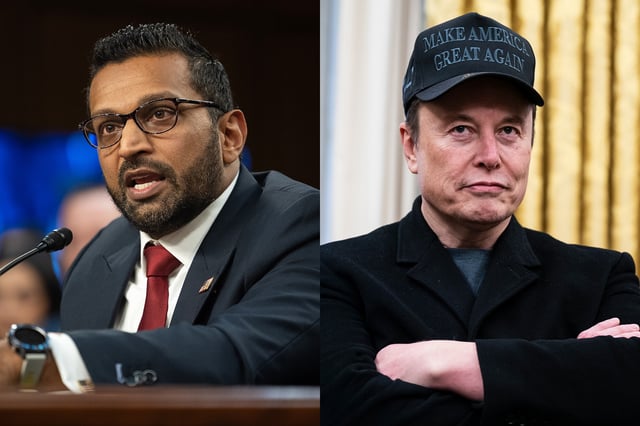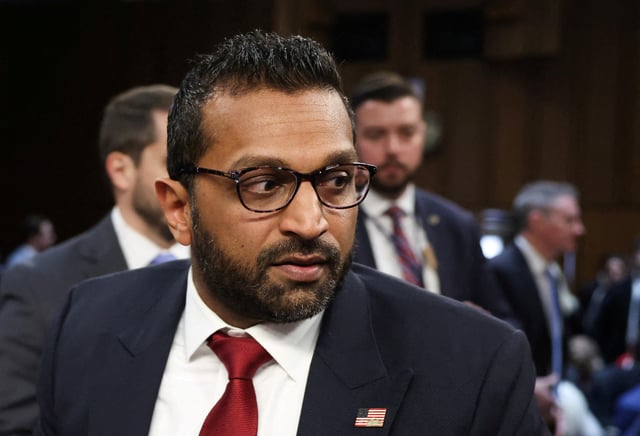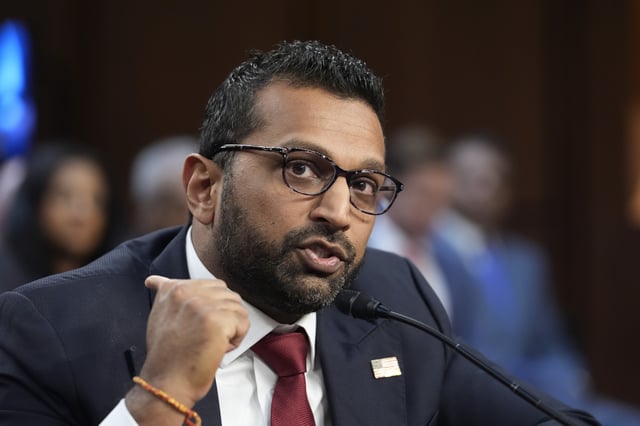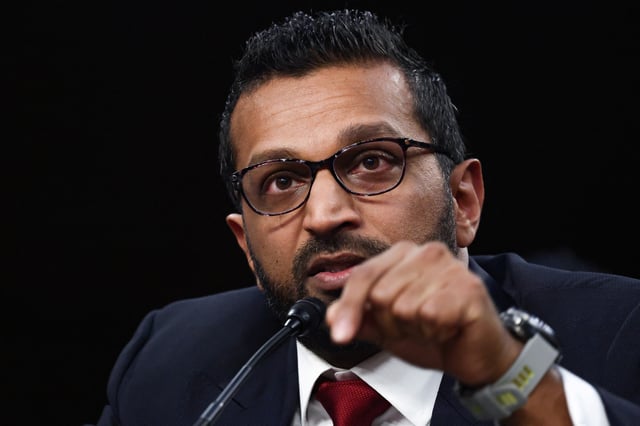Overview
- Kash Patel, nominated by President Trump to lead the FBI, faces criticism from Democrats over his past partisan rhetoric and ties to Trump, while Republicans praise his commitment to transparency and crime-fighting.
- Patel's financial disclosures, including ties to a Chinese-linked parent company of Shein, have raised ethical concerns among critics, though Patel argues his duties would not pose conflicts of interest.
- Democrats have highlighted Patel's history of inflammatory statements and questioned his credibility, citing his past labeling of January 6 defendants as 'political prisoners' and his promotion of conspiracy theories.
- Supporters, including Republican senators, argue Patel's experience in exposing alleged politicization within the FBI and intelligence agencies makes him uniquely qualified to lead the bureau.
- The Senate is set to hold a confirmation vote on Thursday, with Patel's potential leadership seen as a pivot point for the FBI's future direction and its handling of political and national security challenges.



